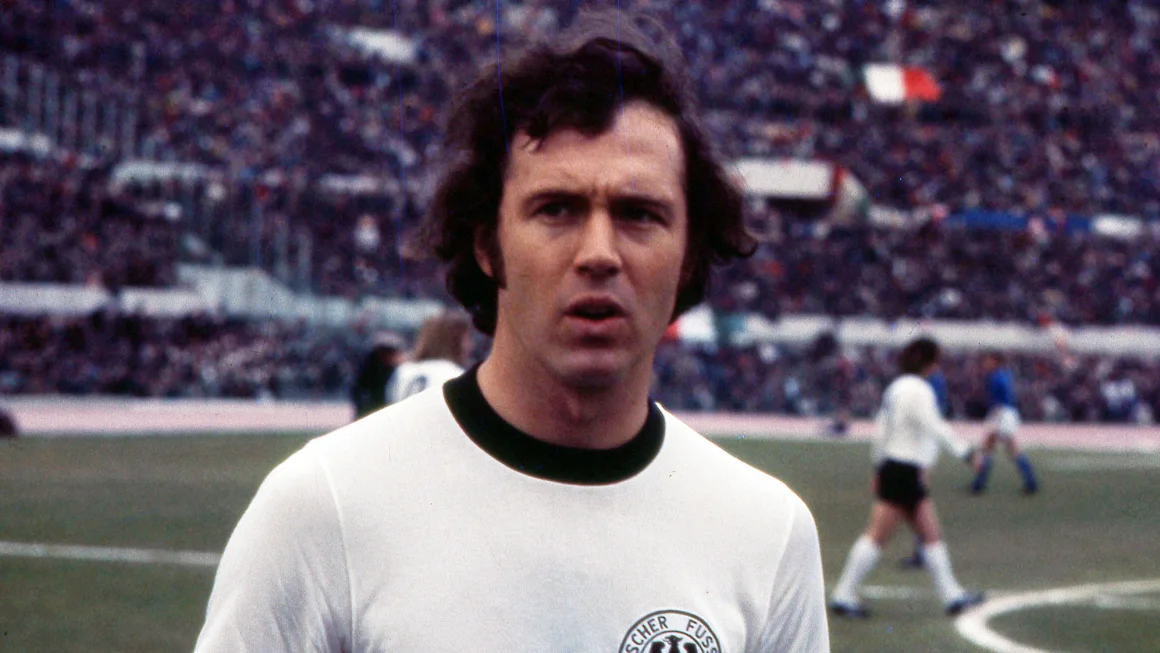Blog
Franz Beckenbauer, Soccer Icon and Sweeper Pioneer, Passes Away at 78
Franz Beckenbauer, the revolutionary soccer player renowned for winning the World Cup both as a player and coach, has died at 78, as confirmed by the German football federation (DFB). Known as ‘Der Kaiser’ (The Emperor), Beckenbauer achieved legendary status, winning the Ballon d’Or award in 1972 and 1976, becoming the only defender to claim the honor twice. He is credited with introducing the soccer ‘sweeper’ position.

Beckenbauer’s illustrious career included World Cup triumphs with West Germany, where he also captained the team to victory in the 1972 European Championships. At the club level, he secured five Bundesliga titles and three European Cups with Bayern Munich. His impact extended to the United States, where he played for the New York Cosmos, winning the championship thrice.
In 2021, FIFA dropped an investigation into Beckenbauer’s alleged involvement in corruption scandals related to World Cup hosting bids, citing the expiration of the limitation period. Beckenbauer, facing health issues, denied wrongdoing during the inquiry.
Born in 1945, Beckenbauer joined Bayern’s youth ranks, eventually becoming an iconic figure. As captain, he led Bayern to multiple Bundesliga titles and three consecutive European Cups from 1974 to 1976. His innovative approach to the sweeper role transformed defensive play, emphasizing ball distribution and versatility.
Beckenbauer’s international success included reaching the 1966 World Cup final and captaining West Germany to victory in the 1974 World Cup, defeating the Netherlands. After retiring from playing, he managed the national team, guiding them to the 1990 World Cup triumph.
Beyond coaching, Beckenbauer served as Bayern’s president, contributed to Germany’s bid for the 2006 World Cup, and held roles with the DFB. His impact on and off the pitch solidifies him as one of soccer’s greatest figures. Beckenbauer’s legacy endures, shaping German football and redefining the role of a central defender.
